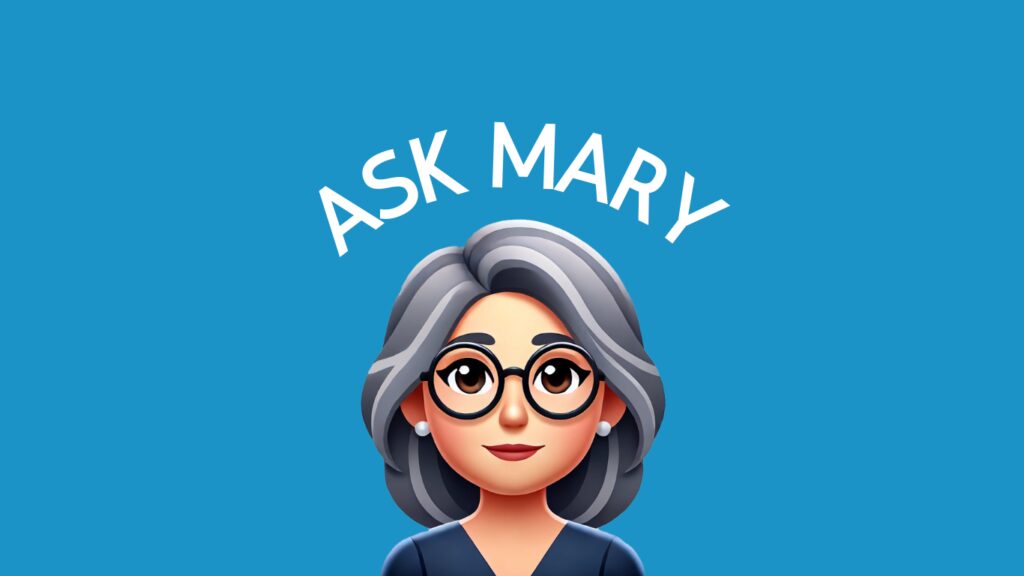Have you ever had a word, a name, or an idea that was on the tip of your tongue, but you just could not find the right words to articulate the thought? We all experience these types of occurrences from time to time without a worry that it is a symptom of a larger issue.
For those suffering from aphasia, this inability to turn thoughts into words can be a daily disruption. What starts as frustration from being unable to successfully communicate in ways they once did can progress into more serious health and quality of life challenges for some people.
Causes of Aphasia
Aphasia is a language disorder resulting from an injury to the brain. Common causes of aphasia include stroke, a traumatic brain injury, or even dementia, says St. John’s Speech Therapist Heather Day. As she explains it, “aphasia can affect expression, comprehension, reading, and writing.”
Day says that aphasia often leaves sufferers unable to communicate their individual needs effectively. “They can become socially isolated from family and friends and become prone to greater health concerns due to the inability to express medical needs,” she adds.
Aphasia: A Symptom of Dementia
Aphasia is often associated with dementia due to their overlapping symptoms. However, it is important to clarify that aphasia is not a type of dementia, but rather a symptom that can develop in various types of dementia.
Dementia is an umbrella term for a range of cognitive impairments that interfere with normal, daily functioning. Aphasia involves difficulties with language, including speaking, understanding, reading, and writing. Aphasia is a symptom of dementia, not a type of the disease, with the exception of primary progressive aphasia, a rare and slow progressing condition that is actually considered a type of frontotemporal dementia.
Aphasia can occur in any type or stage of dementia, but it is more commonly associated with vascular dementia and Alzheimer’s disease. Language difficulties often precede other cognitive impairments, underscoring the importance of early detection and intervention.
Treatments for Aphasia
While there is currently no cure for aphasia or dementia, interventions such as speech therapy, cognitive rehabilitation, and supportive communication strategies can significantly improve quality of life for individuals living with aphasia.
Speech therapists in hospital, rehabilitation, and outpatient settings work hard to develop treatment plans to ease the effects of aphasia. As Day explains, speech therapists can identify the type of aphasia a patient is suffering from and build an individualized plan to combat the individual case. “We also work with the family and caregivers and provide strategies on effective communication to reduce frustration and improve quality of life.”









